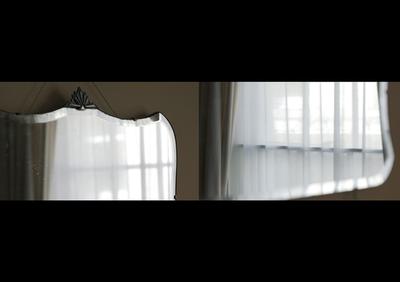'From Our Mothers' Arms' (2020) Taken from the 'Wellow' project
- Film and Video
- Photography
- Spiritual & Philosophical
- Personal Narratives & Identity
- Heritage & Archives
- Exhibition
- Screening
- Film Production
- Archive
- Figure In The Landscape
- Emotional Landscape
- Fine Art Photography
- Religion
- Place
- Mother
- Family
- Family Narrative
- Covid 19
- Separation
- Art In A Pandemic
- Poetry
- Bible
- Christianity
- Artist Film
- Experimental Film
- Experimental Video
- Slideshow
Dimensions
HD Digital video, colour, sound, 6 mins
HD Digital video, 6 mins
Sources: “Time present and time past / Time before and Time after”. T.S. Eliot ‘Burnt Norton’ (1935) “All people are like grass and all their glory is like the flowers of the field. The grass withers and the flower falls.” Peter 1:24 ‘Now Thank We All Our God’ Martin Rinkart (1636), translated by Catherine Winkworth (1856)
The ‘Wellow’ project (2019-2020) dwells upon place, ancestry, mortality and religion, triggered by the redevelopment of the artist's late Grandfather’s Baptist chapel in a rural village on the Isle of Wight. Drawing upon T.S Eliot’s poem, ‘Four Quartets’ (1935-1942), correlations are made between the temporality of human life, the changing seasons and her ancestor’s connection to the local landscape. 'From our Mothers' Arms' centres upon a telephone conversation between the artist and her mother made during lockdown, where she reflects upon her daughter’s last visit from London in March, before the enforced separation.
The film explores the mother/daughter relationship, suggesting a close bond made difficult during the pandemic by a lack of technology and connectivity. The accompanying hymn, ‘Now Thank We All Our God’, from which the film’s title is taken, recorded at the last service at Wellow, reinforces the Christian belief in creation, resurrection and eternal love, which was upheld by Waterman's ancestors who frequented this village chapel. Broader notions of memory, ageing and family legacy is embodied within the photographic diptychs that capture her mother retreating into the same recognisable rural landscapes, encouraging us to follow in her footsteps in a spiritual journey across time and space.
Helping Artists Keep Going
Axis is an artist-led charity supporting contemporary visual artists with resources, connection, and visibility.



